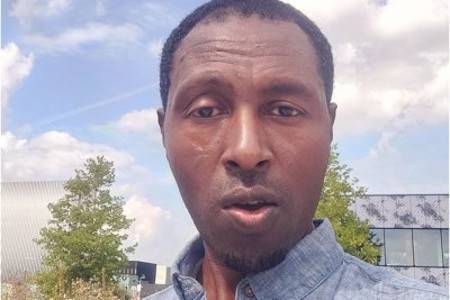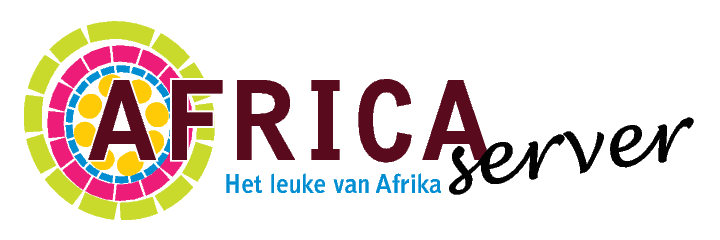Donderdag 08 September 2022

PhD: Urban land use efficiency in Ethiopia - A remote sensing and land policy based analysis
Donderdag 08 September 2022 12:30 - 13:30
The PhD defence of Nesru Koroso will take place (partly) online and can be followed by a live stream. Nesru Koroso is a PhD student in the department of Urban and Regional Planning and Geo-Information Management. Supervisor is prof.mr.dr.ir. J.A. Zevenbergen and co-supervisor is dr. M.N. Lengoiboni from the faculty of Geo-Information Science and Earth Observation. Developing countries, including Ethiopia, are experiencing rapid urbanisation, leading to massive growth and expansion of cities. Rapid urbanisation has implications for both the built environment and peri-urban areas. In built-up areas, for example, it affects the supply of urban land and housing, and urban infrastructure. Also, it affects agricultural land and biodiversity in peri-urban areas. Uncontrolled rapid urbanisation undermines efforts to ensure sustainable urbanisation. Sustainable urbanisation is indispensable for sustainable resource use, economic development and urban services, and to address various problems associated with urbanisation. One way of achieving sustainable urbanisation is by promoting compact urbanisation. An important part of achieving compact urbanisation is ensuring the efficient use of urban land. This can be achieved if there is an appropriate or conducive institutional environment. There is evidence that several developing countries lack urban land use policies that are essential for sustainable urban land use and/or an effective institutional environment for achieving them.

Promotie A.K. Gebeyehu - Vulnerability and insecurity in the Lower Omo Valley, Ethiopia
Donderdag 08 September 2022 13:45
Verdediging van de dissertatie door A.K. Gebeyehu. Promotie Faculteit der Sociale Wetenschappen. Promotor:: prof.dr. G.J. Abbink. Copromotoren: dr. D.J. Snelder & dr. B.G.J.S. Sonneveld. De promotie is tevens online te volgen

Lecture: South African economy in numbers
Donderdag 08 September 2022 16:00 - 17:00
28 years since South Africa’s first democratic election in 1994 it remains one of the most unequal societies in the world, despite all efforts to empower previously disadvantaged groups in all spheres of the economy. Hanlie Stadler, business editor of Netwerk24, gives an overview of the South African economy in numbers – including a look at who is unemployed and why, and who runs the country’s biggest companies. Was the Covid-19 crisis perhaps an opportunity to change the trajectory of the economy?



